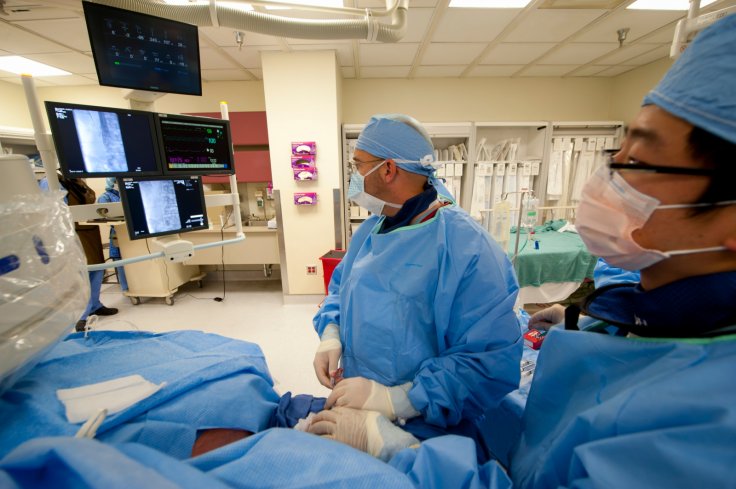The novel coronavirus that apparently originated in a Wuhan seafood market has already killed more than 2,98,295 people worldwide. As panic looms up in all nooks of the globe, a new study conducted by Chinese researchers has shed light on the changes in the human body after it gets recovered from coronavirus.
The study conducted by researchers at Chongqing Medical University found that most of the patients who recovered from coronavirus have antibodies in their bodies. It should be noted that antibodies are used by the human body's immune system to neutralize viruses and bacteria.
Changes in the human body after coronavirus recovery

During the study, researchers analyzed blood taken from 285 people hospitalized with severe coronavirus infection. The blood check results revealed that all the people have developed SARS-CoV-2 specific antibodies within three weeks after showing the first symptoms of infection.
IgM is the first antibody that usually develops in a human body due to the coronavirus infection. More than 40 percent of the people who contracted coronavirus developed IgM in their bodies within the first week. Interestingly, IgM was found in 95 percent of the patients in the second week. However, scientists are still unclear about the effectiveness of these antibodies to prevent future infection from coronavirus.
Coronavirus to affect 70 percent of people
A few days back, Michael Osterholm, director of the Center for Infectious Disease Research and Policy at the University of Minnesota had revealed that the current status of coronavirus infection actually represents a fraction of illness and death toll.
The medical expert also predicted that this deadly pandemic will not slow down until it affects at least 60 to 70 percent of the world's population. Osterholm added that COVID-19 may return in the coming years, even if medical experts succeed in containing it now. He believes that the second wave of coronavirus will be deadly in countries like South Korea and Singapore which have successfully flattened the curve in the first wave.









